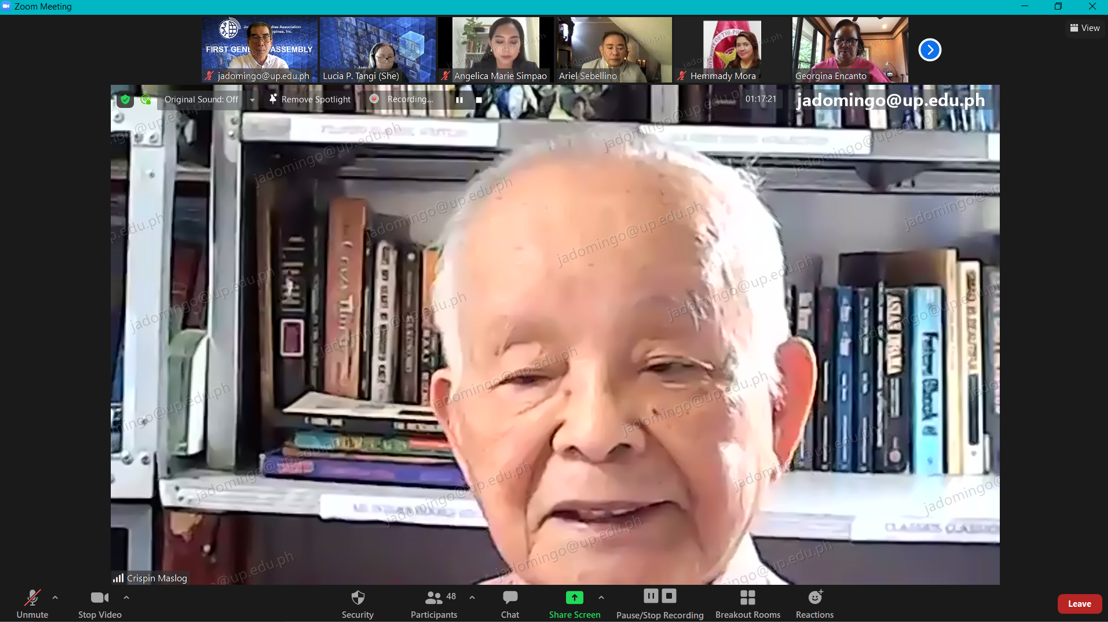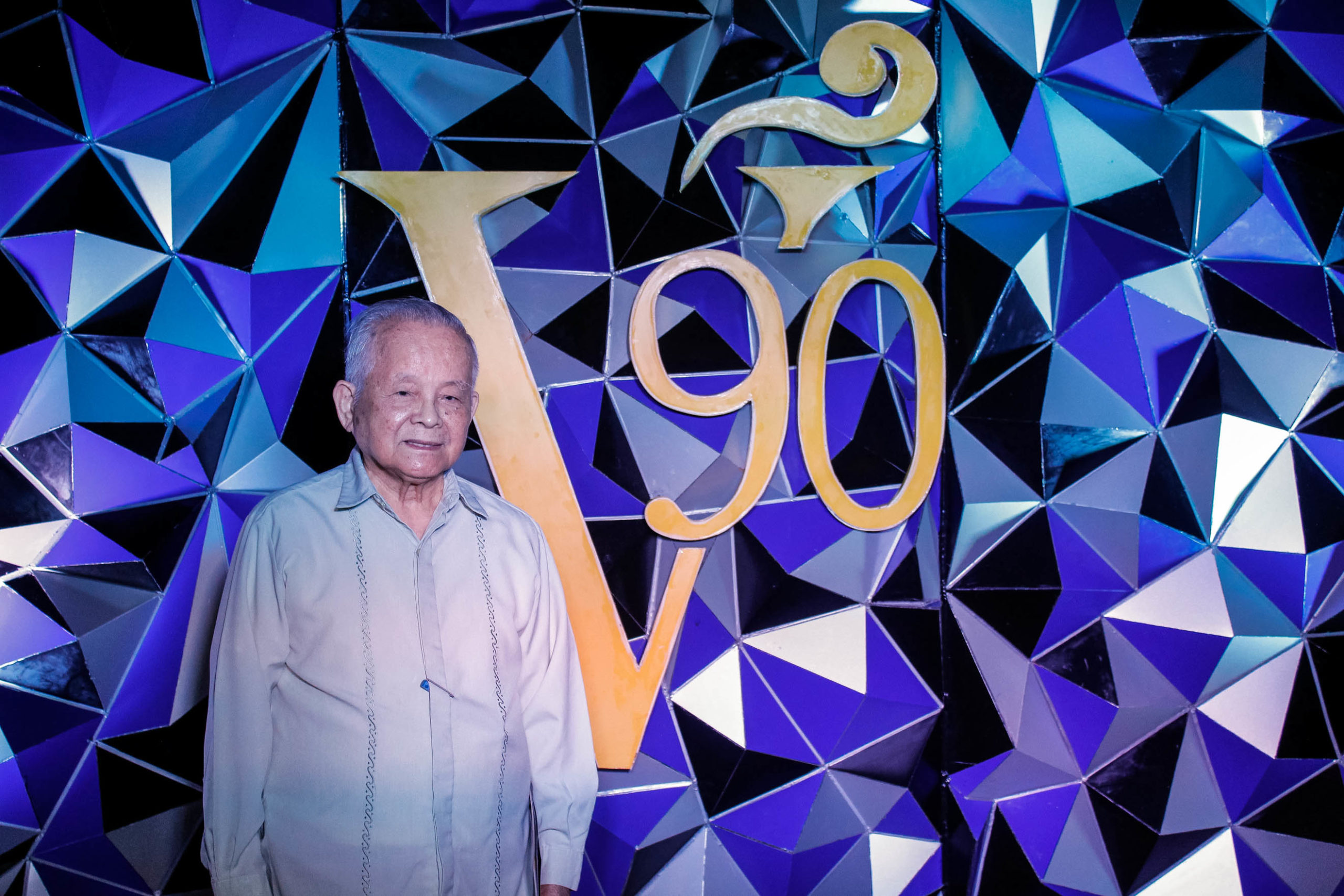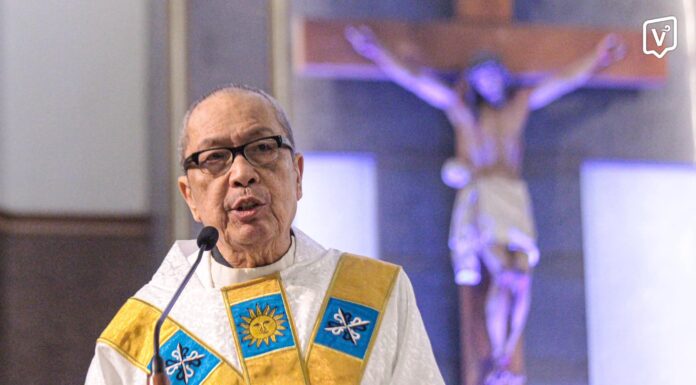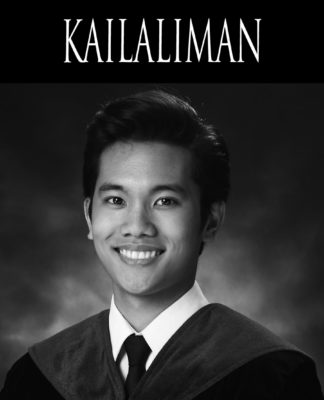JOURNALISM and communication scholar Crispin Maslog called on journalism educators and students to form opinions based on facts and carefully distinguish between fact and opinion during the first general assembly of the Journalism Studies Association of the Philippines (JSAP) on Jan. 18.
Maslog, who obtained his journalism degree at the University in 1956, is the first Filipino journalist to obtain a doctorate degree in mass communication from the University of Minnesota in the United States in 1967.
“I am 90 years old, and I have been a journalist for at least 70 years—longer than any of you in my audience have lived…let the facts lead you to an opinion. Not the other way around,” Maslog said as he was named the first honorary member of JSAP on Jan. 18.

Upon graduating from college in 1956, Maslog became an Agence France-Presse copy editor.
He then worked for various publications such as Negros Express, the Philippines Herald, the Manila Times, the Philippines Free Press and the Philippine Graphic.
Maslog founded Silliman University’s journalism school and later became a professor at the
University of the Philippines (UP) Los Baños College of Development Communication. He also became senior vice president and dean of the Asian Institute of Journalism and Communication’s graduate school. He is now chairman of the Asian Media Information and Communication Centre.
Maslog, a former Varsitarian news editor, taught journalism and communication for 50 years before becoming an opinion writer in 2012.
The 90-year-old scholar recounted how, as a long-time professional journalist, he had to adjust when he became a columnist for SciDev.net, a London-based science news organization, in 2012.
He said that his years of experience in the industry had trained him to always play by the book, accustomed to holding back his opinions from his works.
“I found it difficult to express my own opinion. If I had to, I would first lay out the facts, and say this is where the facts lead me to conclude. My British editors would then ask me, what is your opinion about these facts? They wanted my opinion,” he said.
“I had been trained to gather facts and assemble them into a meaningful whole as a journalist my whole life. Only to be told later, as a columnist, that I was now expected to express an opinion because I was writing a column,” he added.
However, Maslog said that while it was a challenge for him, he learned that opinions supported by hard evidence were equally as valuable as facts.
The JSAP assembly also saw two journalism faculty members, Felipe Salvosa II and Asst. Professor Christian Esguerra, take oath as members of the organization’s founding board of trustees.
Founded by journalism faculty members from different universities in 2019, JSAP is a non-profit organization that seeks to promote journalism study and research.
Other board members are UP Diliman journalism professors Lucia Tangi, Khrysta Rara, Jimmy Domingo, and Jamal Abbas; Dean Hemmady Mora and Cherry Pebre of the Polytechnic University of the Philippines, Prof. Ben Domingo, chair of the technical committee in journalism of the Commission on Higher Education, and Ariel Sebellino of the Philippine Press Institute. Jamilah B. Angco and Joanne P. Ramos
















